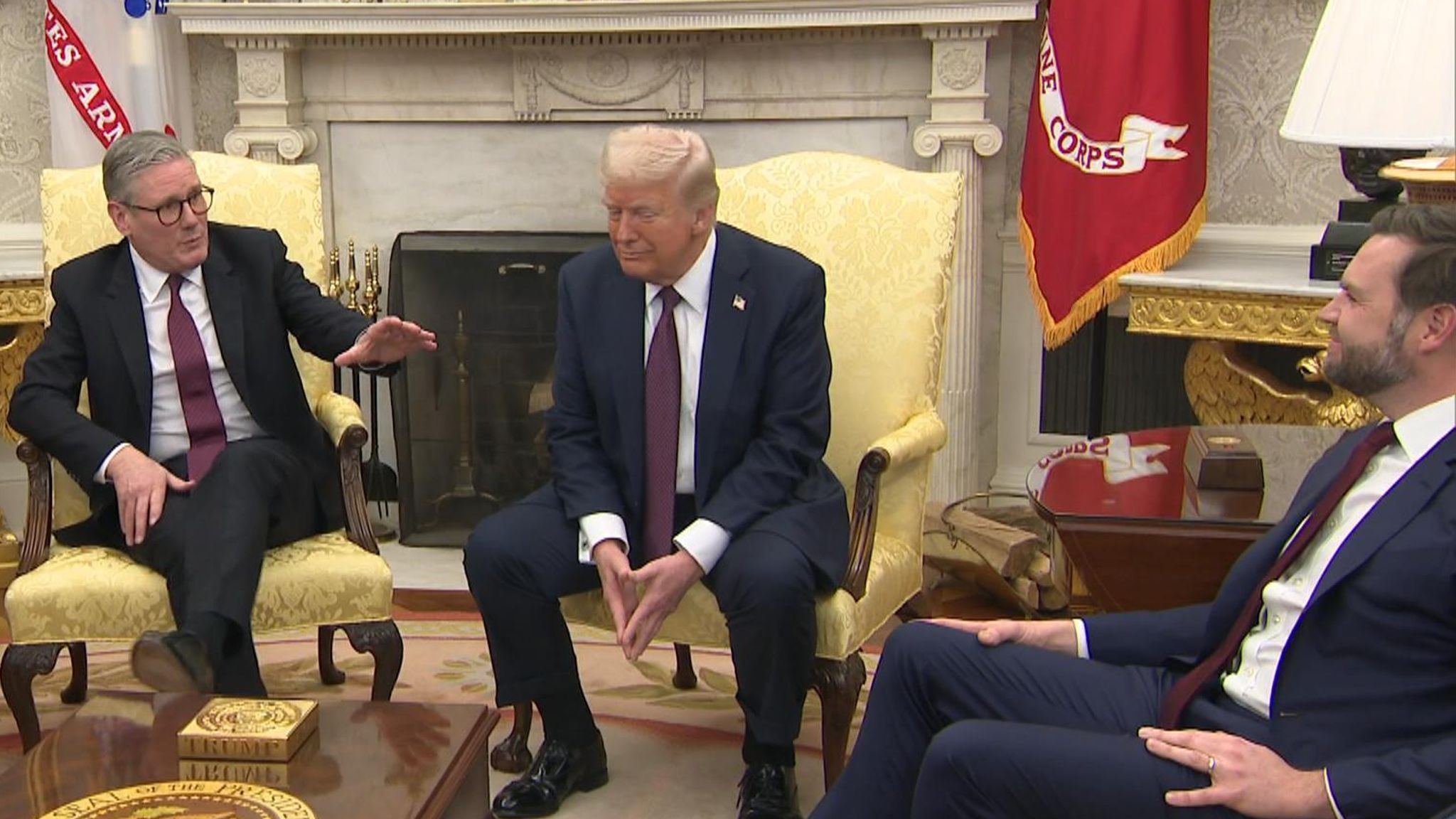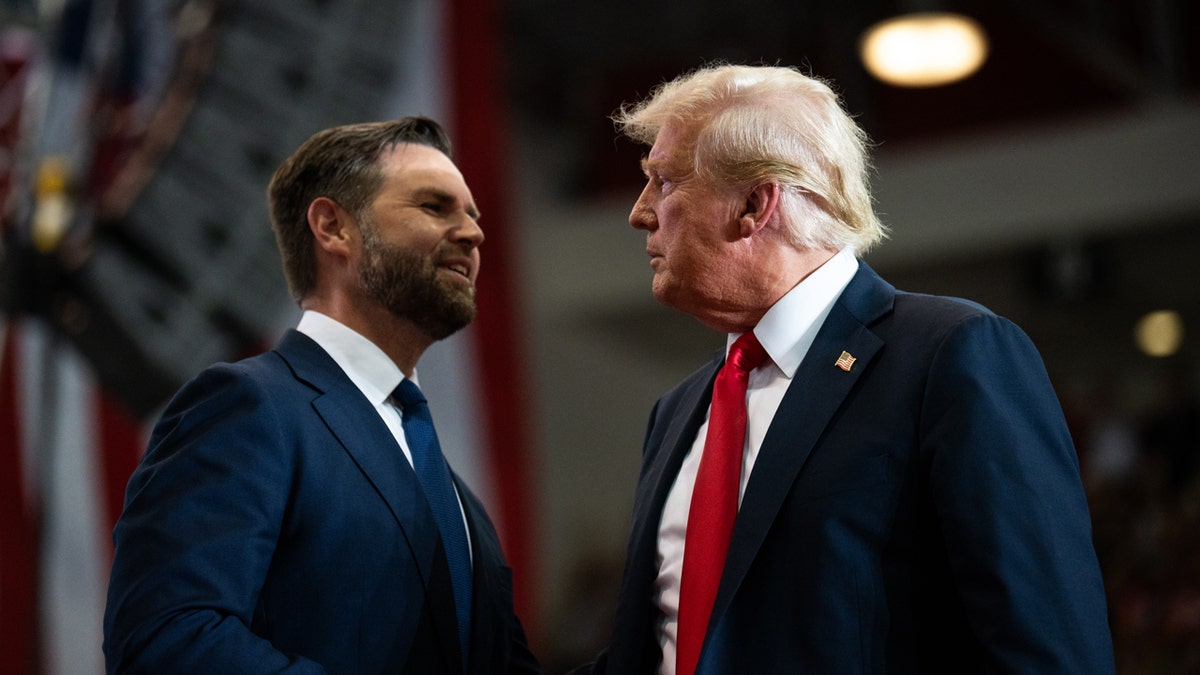British Officials Worry President Trump Tariffs are Being Leveraged to Support Free Speech
An interesting report from the U.K reflects British government officials who feel their legal position against ‘free speech’ in Great Britain is now part of the negotiations for President Trump’s tariffs. Essentially, the tariff discussion is encompassing more than just tariffs; if the nation does not support traditional freedoms and liberty, they could face stronger tariffs from the USA.
The messenger for this dynamic is not coincidentally Vice President JD Vance, who aligns closely with the tech platforms. The tech control agents are bitterly opposed to President Trump’s tariff position, and this nuance is quite possibly a way to give the tech platforms an ancillary benefit, vis-a-vis free speech support.
The tech industry is facing pressure from the EU and British government to censor and control information content on their platforms. By adding the importance of free speech to the leverage of tariff pressure, President Trump gives both Main Street companies and American Tech Titans something important to their business interests. This is both a smart and righteous approach.
(Via The UK Independent) Sir Keir Starmer must embrace Donald Trump’s agenda by repealing hate speech laws in order to get a trade deal over the line, a Washington source has told The Independent.
The warning came after the US vice-president suggested a UK-US agreement may be close, with the White House “working very hard” on it.
He told UnHerd: “I think there’s a good chance that, yes, we’ll come to a great agreement that’s in the best interest of both countries.”
But a senior Washington figure, who has provided advice for the administration, claimed he is “obsessed by the fall of Western civilisation” – including his view that free speech is being eroded in Britain – and that he will demand the Labour government rolls back laws against hateful comments, including abuse targeting LGBT+ groups or other minorities, as a condition of any deal.
The Independent was told: “The vice-president expressing optimism [on a trade deal] is a way of putting further pressure on the UK over free speech. If a deal does not go through, it makes Labour look bad.” (read more)






Post a Comment